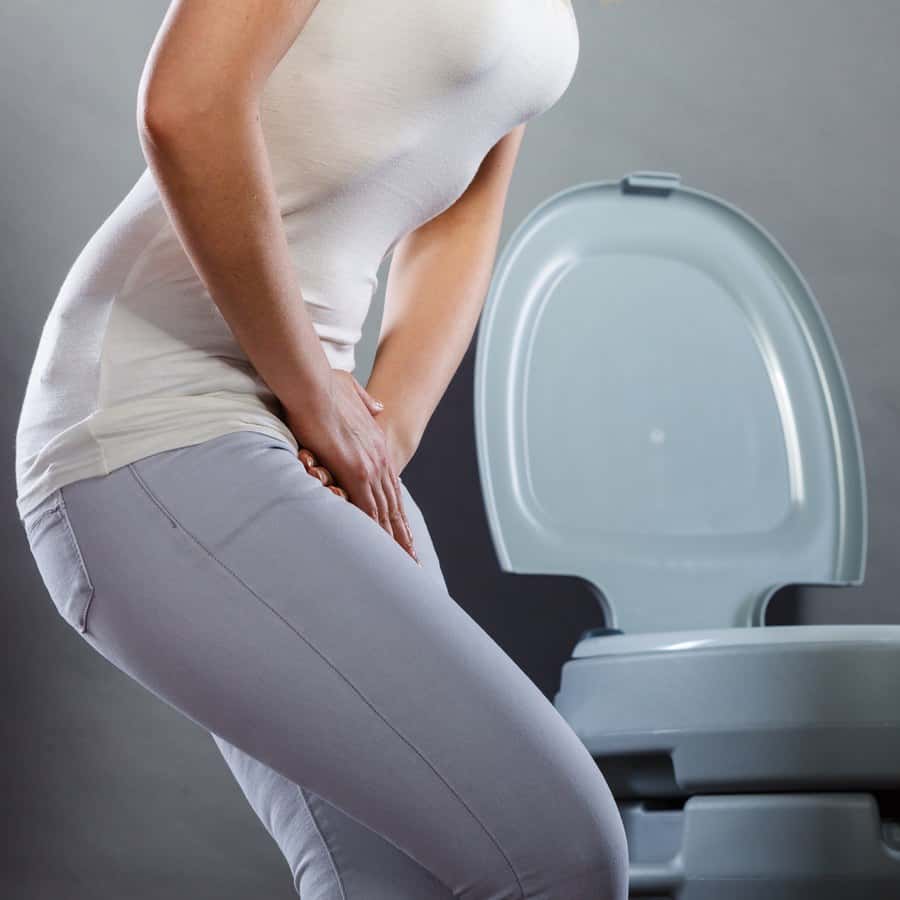
Some people have a frequent urge to urinate, but when they do, they experience excruciating pain. This may sound like a urinary tract infection, which can trigger similar symptoms. But interstitial cystitis, also termed painful bladder syndrome, is a chronic condition without known pathogens. What can be done to ease the pain?
Help for Interstitial Cystitis?
Q. Do any of your readers have an idea for helping with interstitial cystitis? It is extremely painful.
A. Interstitial cystitis is an inflammation of the bladder or nerves connected to it. Frequently, doctors can’t identify the source of the inflammation.
Although urination is often painful, specialists recommend adequate hydration to dilute toxins or irritants that could aggravate the condition (Bosch & Bosch, Reviews in Urology, 2014). Because no one treatment works for everyone, sufferers may have to try several to see what is helpful.
Some people who suffer from interstitial cystitis or painful bladder syndrome find a warm sitz bath soothing. Alternatively, others prefer sitting on an ice pack.
What Not to Eat:
Certain individuals find that consuming alcohol, citrus fruits, chocolate, coffee or spicy foods makes symptoms worse. Over-the-counter medicines such as calcium glycerophosphate (Prelief) or the flavonoid quercetin may be helpful, however. Prelief is promoted as a way to reduce the acid in foods before it can cause trouble.
Q. When I read your article about irritable bladder, I didn’t see any mention of coffee ingestion. I used to drink two large cups of very strong coffee every morning. Then I came down with bladder irritation and now I can’t drink coffee at all.
A. Many people with this condition, also known as bladder pain syndrome or interstitial cystitis, have trouble with acidic beverages such as citrus juices, coffee, tea or carbonated beverages (BJU International, June 2012). On the other hand, they may find their symptoms improve when they take sodium bicarbonate (baking soda) or calcium glycerophosphate (Prelief). These compounds can help neutralize acid in food.
Other Treatments:
Doctors sometimes rinse the bladder with a compound called DMSO (dimethyl sulfoxide). A study showed, however, that a combination of hyaluronic acid and chondroitin sulfate works just as well (Cervigni et al, Neurourology and Urodynamics, April 2017).
Individuals with bladder pain syndrome often tend to avoid coffee and spicy food, although they may drink more cranberry juice (Scientific Reports, Feb. 4, 2021). Presumably, they have adopted these habits to help them cope with the discomfort. When people strengthen the muscles of the pelvic floor with physical therapy exercises, they often find the symptoms diminish (Therapeutic Advances in Urology, July 2018).
Stress management can also help alleviate symptoms. Ask for a referral if your doctor is unable to coach you in appropriate stress reduction techniques.
Citations
- Bosch PC & Bosch DC, "Treating interstitial cystitis/bladder pain syndrome as a chronic disease." Reviews in Urology, 2014.
- Friedlander JI et al, "Diet and its role in interstitial cystitis/bladder pain syndrome (IC/BPS) and comorbid conditions." BJU International, June 2012. DOI: 10.1111/j.1464-410X.2011.10860.x
- Cervigni M et al, "A randomized, open-label, multicenter study of the efficacy and safety of intravesical hyaluronic acid and chondroitin sulfate versus dimethyl sulfoxide in women with bladder pain syndrome/interstitial cystitis." Neurourology and Urodynamics, April 2017. DOI: 10.1002/nau.23091
- Han E et al, "Current best practice management of interstitial cystitis/bladder pain syndrome." Therapeutic Advances in Urology, July 2018. doi: 10.1177/1756287218761574

